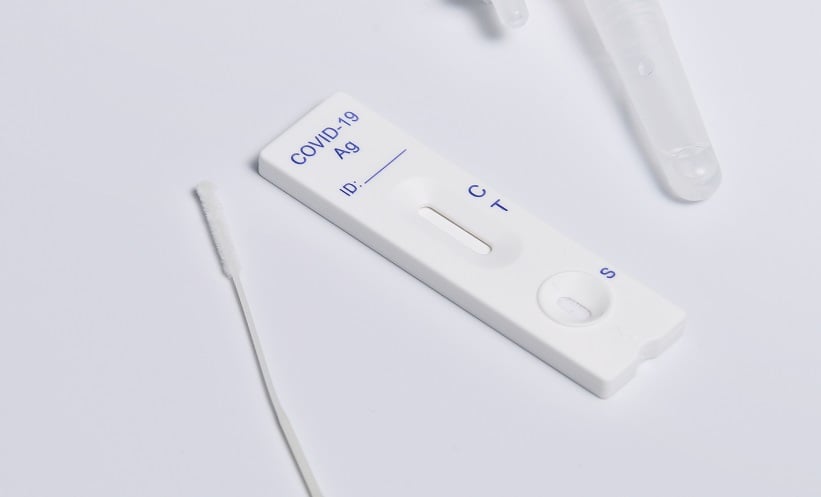RECENT analysis of COVID-19 cases have demonstrated that viral load in Omicron infection peaks later now than it did previously in the pandemic, with older variants of the disease. The study, carried out by Nira Pollock, Boston Children’s Hospital, Massachusetts, USA, and colleagues, showed that the peak now occurs roughly 4 days after the onset of symptoms, as opposed to happening at the onset of symptoms as it did previously.
The research involved a cohort of 348 people who had been newly diagnosed with COVID-19 using polymerase chain rection (PCR) tests from April 2022 to April 2023, as Omicron was the most common variant during this time. Of the individuals involved, 91% had a history of infection, vaccination, or both.
Results showed that median cycle threshold values were at their lowest point on the fourth day of symptoms, meaning that this was the peak viral load. The researchers also used these cycle threshold values in order to predict rapid antigen results, estimating 30–60% sensitivity on the first day of experiencing symptoms, which then rose to 80–93% on the fourth day of symptoms. Overall predicted sensitivity in the first week is roughly 60–80%. This differs significantly from an overall predicted sensitivity of 90–95% in the first week of symptoms early on in the pandemic.
The team concluded: “Our data, in combination with others’, suggests that symptomatic individuals testing positive for SARS-CoV-2 by PCR currently may not reliably test positive on a rapid antigen test until the third, fourth, or even fifth day of symptoms.” They suggest that, as a result of these findings, people may want to isolate and avoid interacting with others when they start feeling symptoms, before they reach the height of their viral load, and, potentially, infectiousness.








